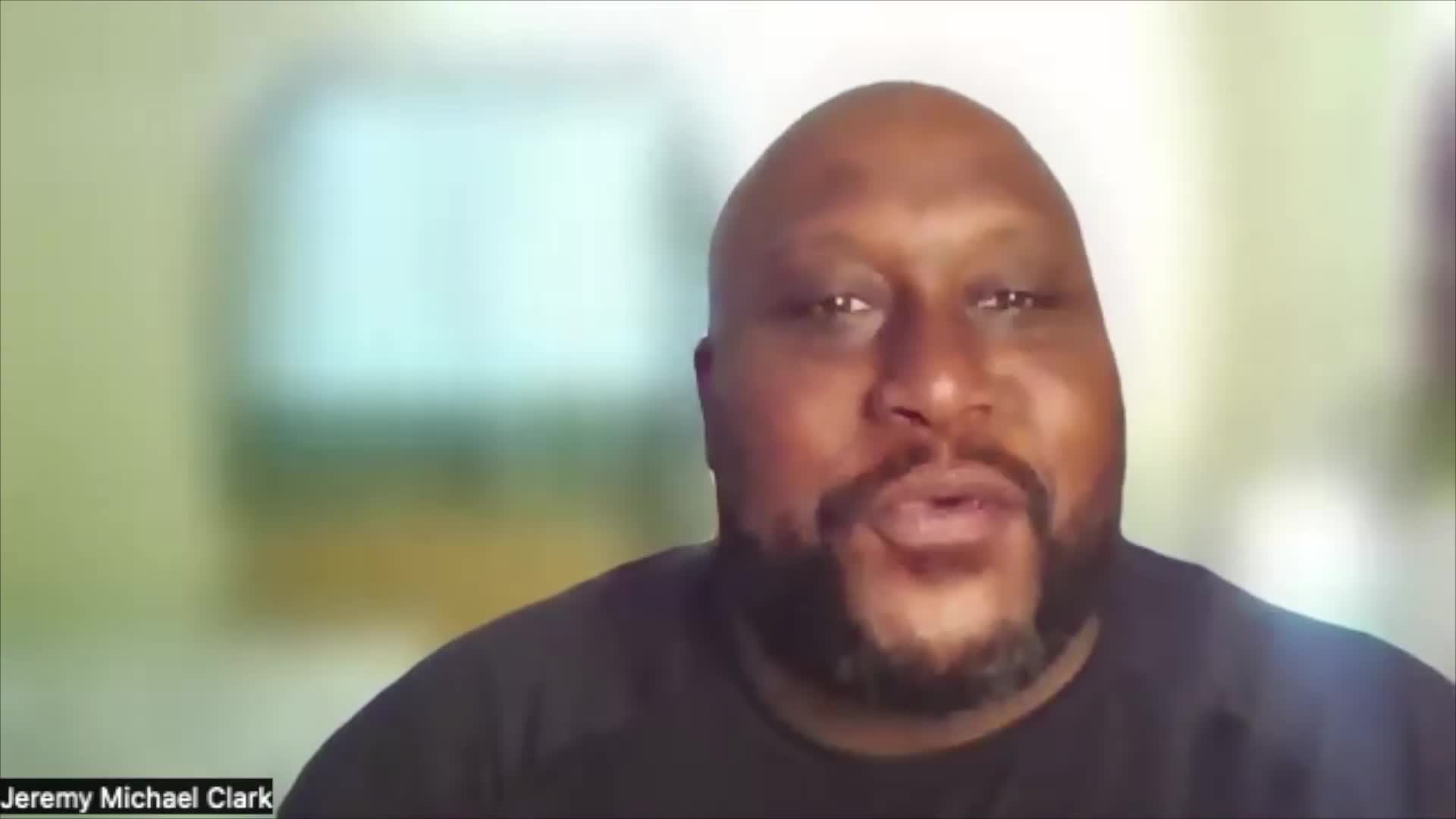Panel: Pandemic, remote work and politicized DEI have reshaped workplace leadership and culture
Get AI-powered insights, summaries, and transcripts
Subscribe
Summary
On the inaugural episode of the podcast Organized Chaos, host Jeremy Michael Clark moderated a 30‑minute conversation with Dr. Isaac Carter, founder and principal consultant of Coaching Imperative, and Dr. Loree Kiley, retired professor of human behavior at the University of Southern California and founder of We Will Inc., about how the workplace has changed since the COVID‑19 pandemic.
On the inaugural episode of the podcast Organized Chaos, host Jeremy Michael Clark moderated a 30‑minute conversation with Dr. Isaac Carter, founder and principal consultant of Coaching Imperative, and Dr. Loree Kiley, retired professor of human behavior at the University of Southern California and founder of We Will Inc., about how the workplace has changed since the COVID‑19 pandemic.
Clark opened the discussion by saying the moment feels unprecedented: “we are living in a time of rapid change, increased complexity, shifting expectations, increased division and conflict, in organizational life,” and asked the panel to describe the biggest changes they see. That description framed the conversation about how organizations and leaders are adapting — and where they are struggling.
The panel identified several overlapping trends that, together, are reshaping workplaces. They cited persistent labor‑market shifts that began during COVID‑era disruptions, remote and hybrid work arrangements that many employers continue to manage, and heightened attention to mental health and loneliness among employees. Clark noted the Great Resignation and other labor shifts as drivers of organizational change; panelists said those trends have created more leverage for workers and a new set of managerial challenges.
Dr. Isaac Carter argued that the current debate over diversity, equity and inclusion partly stems from how DEI work was professionalized. “I never had to say diversity, equity, or inclusion at any time in my life because I just value those things,” Carter said, arguing that naming and institutionalizing DEI work can make it a target of political criticism and can compartmentalize practices that might be more effective when integrated into everyday leadership. He urged leaders to prioritize internal leadership development and to “practice” inclusive behaviors rather than only create labeled units or programs.
Dr. Loree Kiley emphasized interpersonal approaches managers can use now that workers bring more of their private priorities into the workplace. Kiley recommended individual‑level engagement tools — for example, asking employees about their “appreciation language” or coaching conversations about career goals — and said: “we have to treat them equally, but we don't have to treat them the same.” She also described increasing instances where employees “emotionally” leave but remain in place — and, more recently, where they push back more actively on policies and assignments.
Both panelists also highlighted new sources of organizational friction. Carter described how the professionalization of DEI initiatives sometimes created a visible target for critics and increased fear among leaders about potential legal or political consequences for perceived missteps. Kiley described examples in which an organization’s diversity and inclusion work was curtailed after external pressure, producing internal conflict between staff hired to support those efforts and leaders concerned about organizational survival.
On practical responses, the panel recommended a mix of leader self‑work, coaching, and team building. Carter urged leaders to do internal work first before asking change of others; Kiley recommended tools and conversations that treat people as individuals and build a team ethos. Both emphasized listening to employees and designing responses that match the organization’s mission and legal constraints.
The conversation concluded with the trio describing the situation as complex but solvable: Clark and the guests said organizations must adapt leadership practices, rebuild trust and address mental‑health and isolation concerns if they expect to maintain productivity and mission focus.
The podcast episode did not include formal votes, policy proposals, or references to statutes or local government actions. Panel remarks were framed as practitioners’ observations and recommendations rather than binding rules or organizational decisions.
